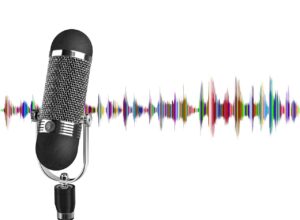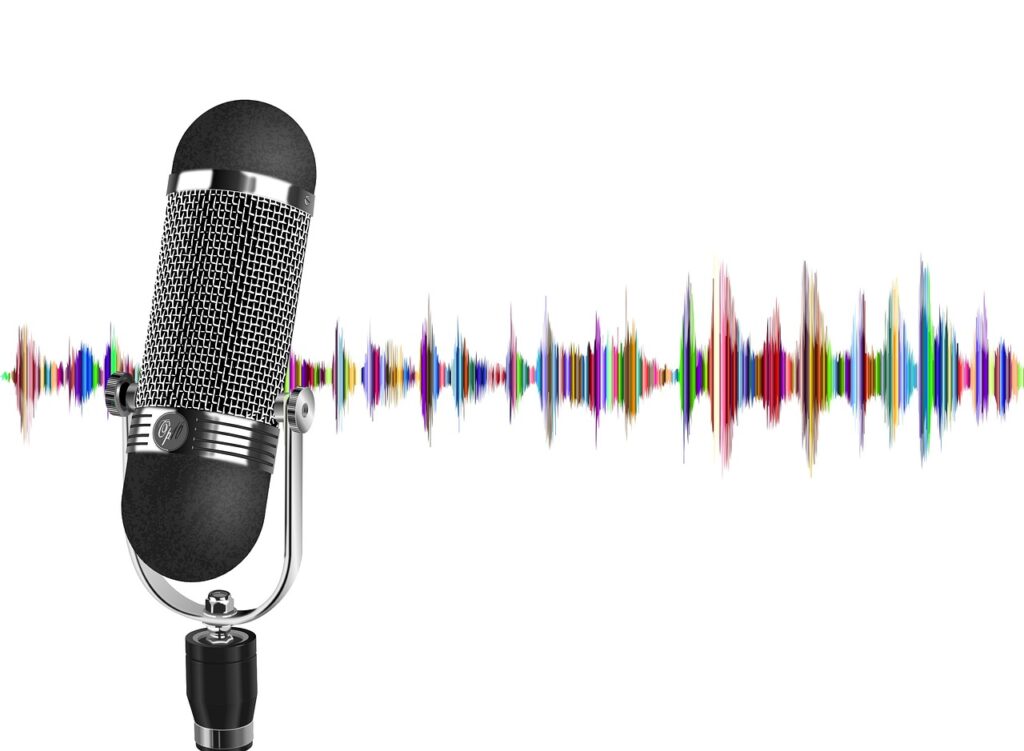Welcome to 2024 and the use of technology! Voice recognition is everywhere. Various sources can now use your voice to authenticate it’s really you. But … is voice recognition safe? This is what I wanted to research for you this week.

What is Voice Recognition?
TechTarget.com describes voice recognition this way. Voice or speaker recognition is the ability to receive and interpret dictation or to understand and perform spoken commands.
Voice recognition has gained prominence and use with the rise of artificial intelligence (AI) and intelligent assistants, such as Amazon’s Alexa and Apple’s Siri. Voice recognition can identify and distinguish voices – read that again, identify! This is the “yellow caution flag” for me!
Where Voice Authentication is Used
The uses for voice recognition have grown quickly as AI, machine learning, and consumer acceptance have matured. Concern has grown as artificial intelligence (AI) generated voice clips can allow fraudulent actors to break into customers’ accounts.
The US Senate Committee on Banking, Housing, and Urban Affairs expressed concern to six large banks (JP Morgan Chase, Bank of America, Wells Fargo, Morgan Stanley, Charles Schwab, and TD Bank) seeking information about what measures financial institutions are taking to ensure the security of the voice authentication tools and the steps they are taking to ensure strong data privacy for voice data.

Photo by Neeqolah Creative Works on Unsplash
Generative AI
Artificial intelligence is a type of technology that produces content such as written text, images, and audio data. It can use patterns and structures of existing data to produce new and original content (including our voices)!
This is where security issues come in. Hackers use generative AI tools to create realistic voices from people to gain access to accounts and home systems where voice recognition is activated.
Users who activate voice recognition technology must take additional steps to protect their accounts and systems. Voices are among the easiest biometrics to clone and use in some form of impersonation fraud.
This is less than ideal to use voice recognition to grant access to a system or data without additional layers of security verifying a person is literally who they say they are. Contact your providers (especially financial institutions) and ask about possible alternatives.
Security, privacy, and protecting online accounts is something my blogs have covered over the years. Stay tuned for more information as technology and AI continue to advance throughout all facets of our lives!

Overall Recognition
Sit back and consider beyond voice recognition. Are you “buttoned up”? Could someone walk in to your life and have what they need to help you?
I know how tight time is and we have time, until we don’t. This week in a meeting when called upon to specify why people should work with me, my reply surprised the group. I said that what I do is not a “must have”, it is a “wish you had”.
Valentine’s Day is next week, if evaluating your contingency planning readiness is on your mind, let’s make some time for a complimentary discovery call. I’ll make time for you before you “wish you had” ❣️
The 2024 edition of my book The Living Planner (What to Prepare Now While You Are Living) is ready! If you’d like to secure a copy for yourself or for someone you know, here is a direct link to my shopping cart. The Living Planner What to Prepare Now While You Are Living © https://www.e-junkie.com/i/u8ac
If you have any questions or wish to discuss other ways to work with me, send me an Email or check out the website @ The Living Planner.
As Sir Elton John sings, “I hope you don’t mind that I put down in words how wonderful life is while you’re in the world.” Happy Valentine’s Day to you and yours ❣️Lynn #PlanfortheUnplanned #Can’tPredictCanPrepare

